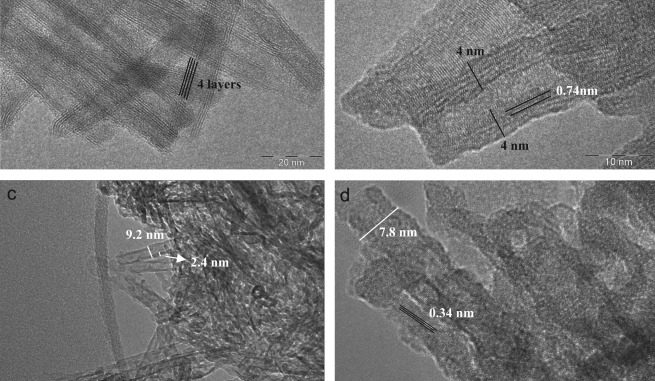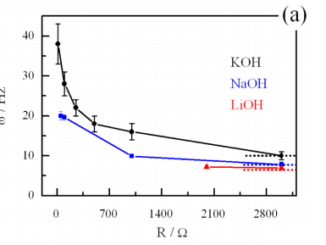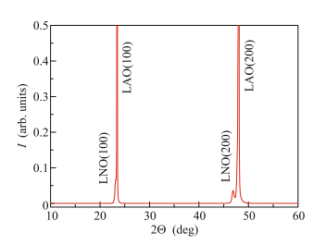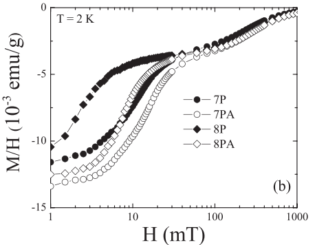
Formation and evolution of TiO2 nanotubes in alkaline synthesis
Abstract: One-dimensional nanostructures have been intensively studied, from the point of view of their synthesis and mechanics of formation, as well as their applications. Titanium dioxide nanoparticles have been demonstrated to be an effective multifunctional material, especially when the particle size is less than 50 nm. TiO2 nanotubes with diameters of about 10 nm were synthesized by the alkaline route. The synthesized samples were then studied by X-ray diffraction (XRD), Fourier transform infrared spectroscopy (FT-IR), transmission electron microscopy (TEM) and X-ray photoelectron spectroscopy (XPS). Analyses revealed that the nanotubes were mainly composed of titanium and oxygen, with small amounts of sodium ions in the sample obtained at pH 7 and no sodium at pH 4. The nanotubes obtained showed multiple walls, with dimensions of 5 nm in diameter and about 200 nm in length. In addition, the formation of the nanotubes occurred from a single crystal of TiO2 during the washing process.
Author(s): Arruda, Larisa B.; Santos, Cassio M.; Orlandi, Marcelo O.; et al.
Ceramics International
Volume: 41 Issue: 2 Pages: 2884-2891 Published: 2015
DOI: https://doi.org/10.1016/j.ceramint.2014.10.113
PDF: Formation and evolution of TiO2 nanotubes in alkaline synthesis




